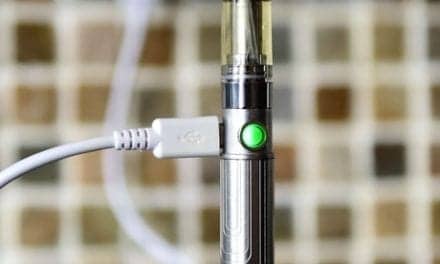New research shows that psilocybin might be an effective treatment for diseases such as depression and addiction. While the work is still in its early stages, there are signs that psilocybin might help addicts shake the habit by causing the brain to talk with itself in different ways.
“These brain changes lead to, oftentimes, a sense of unity,” says Matthew Johnson, an experimental psychologist at Johns Hopkins University. It all may sound a little “woo-woo,” he admits, but it seems to be working. Early results suggest that psilocybin, coupled with therapy, may be far more effective than other treatments for smoking, such as the nicotine patch.
Magic mushrooms have been used by indigenous communities for thousands of years, and research on psilocybin isn’t all that new either. Work began in the 1950s and 1960s. But studies involving it and other psychedelics dropped off following the passage of the Controlled Substance Act in 1970, which outlawed hallucinogens and other drugs.
“The medical applications became, really, a casualty of a political war,” Johnson says.









